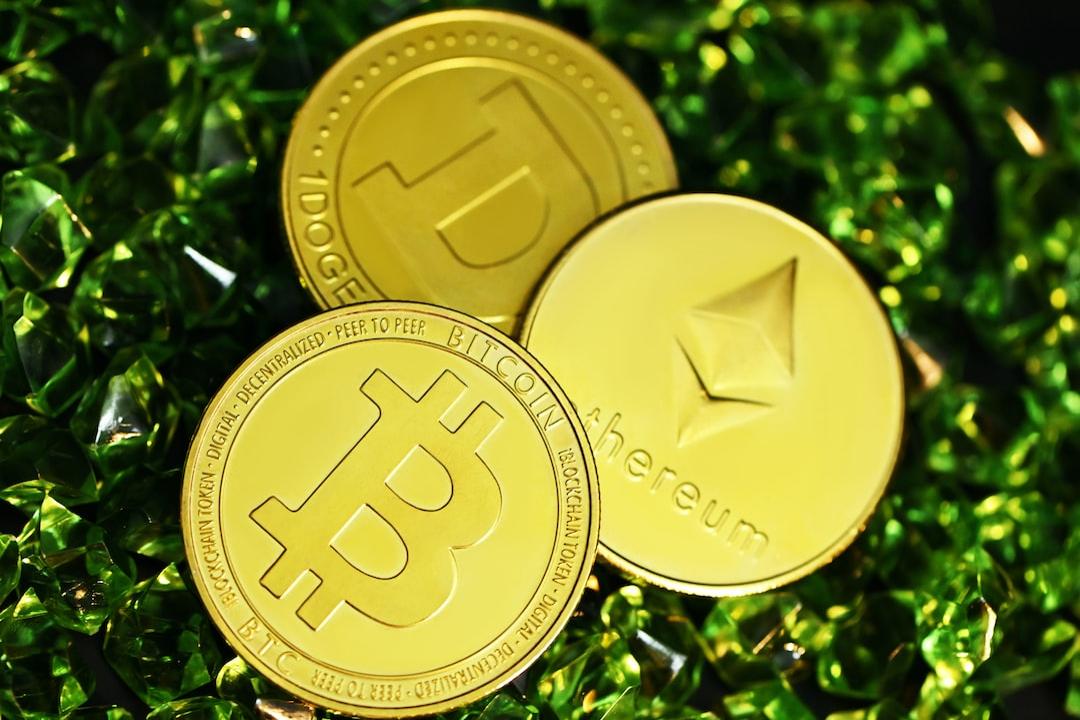Ripple Labs has intensified its battle against the US Securities and Exchange Commission (SEC) by addressing two key points in their ongoing legal conflict. In a new filing to Judge Analisa Torres of the Southern District of New York, Ripple has challenged the SEC’s claim that its current financial condition should impact court rulings on past penalties. The SEC is pushing for penalties of almost $2 billion, while Ripple suggests a $10 million cap.
In a letter to Judge Torres, Andrew J. Ceresney of Debevoise & Plimpton LLP, representing Ripple, argues that the company’s financial situation at present is irrelevant to the case. Ripple states that it is not arguing its inability to pay any penalty, and there is no reason to believe that its current financial statements, which are from years after the alleged misconduct, are relevant to the court’s analysis. Ripple asserts that revealing private financial information is unnecessary and that the court can reject the case without considering such information. The defense cites legal cases, such as Tropical Sails Corp. v. Yext, Inc., to support its argument, emphasizing the legitimate privacy interest in the financial documents of a privately held company.
Ripple’s second main argument addresses the SEC’s assertion that changes in the XRP sales process make Ripple’s previous contracts obsolete. Ripple’s CFO, Jonathan Billich, argues that although the SEC considers these contracts as “stale” material, they are still private and economically sensitive. Billich states that future counterparties could leverage the terms established in earlier agreements if they were made accessible. Ripple emphasizes that its sales techniques have evolved, and the current XRP being sold does not include any of the terms from previous over-the-counter agreements, such as discounts provided to sophisticated counterparties.
Ripple also challenges the SEC’s claim that XRP prices must be publicly disclosed under securities legislation. The court has already ruled that XRP is not a security, even if it were considered an investment contract requiring registration. Ripple argues that the price terms in historical contracts are different from those applicable to registered securities.
Ripple’s defense emphasizes the company’s right to privacy and business sensitivity. Ceresney writes, “Even if the SEC’s arguments were plausible, Ripple has still established a valid, commonly accepted basis for sealing its confidential financial documents.”
Meanwhile, the price of XRP, according to CoinGecko data, is currently $0.5177, having fallen 2.03% in the last 24 hours. The price has shown a bearish trend, with a 2.21% decrease over the previous seven days. Pro-XRP lawyer Bill Morgan has accused the SEC of corruption in its case against Ripple.


